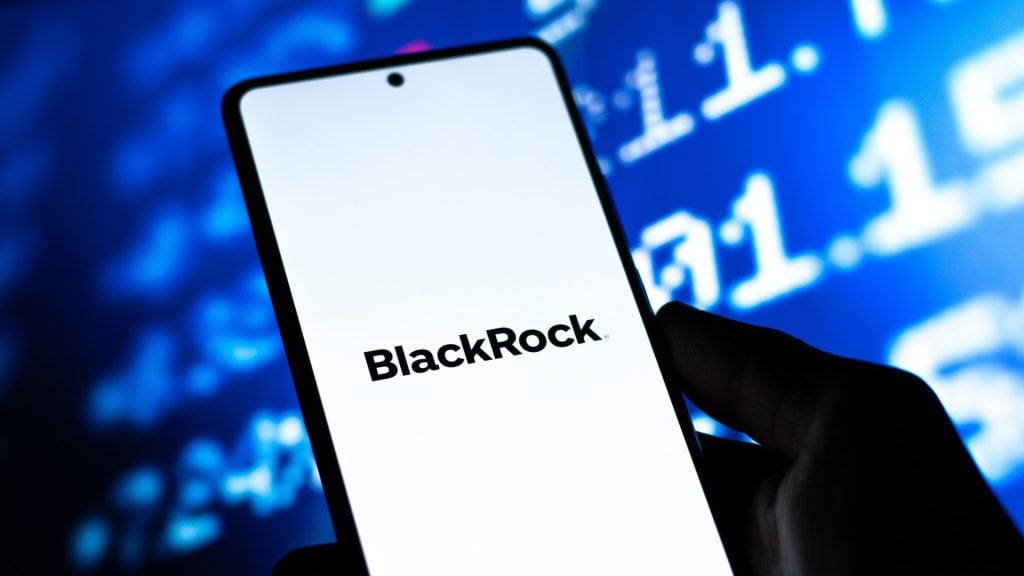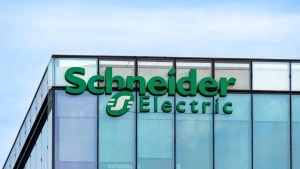Following the launch of the Bitcoin Spot ETFs, asset manager BlackRock is taking another step. Together with the financial services company Securitize, they are launching a private equity fund. Real assets are to be tokenized on the Ethereum blockchain.
The fund is launching with an impressive initial liquidity of 100 million US dollars. But what exactly is the tokenization fund all about? How big is their potential? And will they change the market?
How tokenization works
The term tokenization is primarily used in connection with regulated financial products, often in conjunction with real world assets (RWA). This involves the representation of assets in the form of blockchain tokens. Investors can store shares as security tokens on the crypto wallet. Unlike utility tokens, these are easy to produce and distribute. Tokenization projects are subject to the same principles and rules as traditional financial instruments. The novelty is the type of representation made possible by blockchain technology. This also simplifies trading and the transferability of the tokens.
For example, if a company wants to raise money to expand its own business, tokenization can be used to simplify the process. This allows money to be collected from several investors at the same time. However, the amount of money to be raised and the type of tokenization to be used must be determined in advance. There are various options, such as the sale of company shares or the assignment of profit rights to products. As soon as the legal aspects have been clarified, tokens can be sold via online portals. Dividends are later paid out to investors either via the blockchain or as a conventional bank transfer.
How BlackRock uses tokenization
BlackRock and Securitize are now launching a tokenization project on the Ethereum blockchain, which is an RWA, or more precisely a private equity fund. The fund has been named “BlackRock USD Institutional Digital Liquidity Fund” or BUIDL for short. BlackRock initially invested USD 100 million in a crypto wallet. The well-known public limited company Coinbase was selected as the infrastructure provider. Investors can now receive daily returns from the BUIDL tokens. It is also possible to transfer these to other addresses. Securitize has provided a corresponding wallet for this purpose. BUIDL is intended to combine the innovative advantages of blockchain with traditional financial stability on the one hand and guarantee a stable value on the other. This value is covered by cash, US government bonds and repurchase agreements. The new token also helps to generate returns, which is made possible by blockchain technology.
BlackRock CEO Larry Fink is enthusiastic about the possibilities of tokenization. For him, the previously published spot ETFs were the first step in the technological revolution on the financial market. The second step will be the tokenization of all financial assets. The technology for this already exists. The current appearance of the tokenization fund is proof of this. For Fink, cryptocurrencies are more of a new asset class than a new currency.
Opportunities and challenges
Tokenization and the new project come with some challenges. After BlackRock’s transfer of 100 million stablecoins to the crypto wallet, some people have sent meme coins to this wallet. BlackRock must now take these balances on board. In addition, the long-term storage of security tokens can be a challenge. In principle, there is no infrastructure that allows this. However, there may already be a solution to this problem and it is called regulated crypto custodians. A regulated crypto custodian takes on the role of the broker, which means that no infrastructure is needed at all.
In addition to the challenges, there are also opportunities and advantages. For example, tokenization no longer requires a middleman. Otherwise, if you wanted to transfer shares, you had to go to a notary with the investors. However, digitalization now ensures that this is no longer necessary. In addition, the offline hurdles in Germany no longer apply when working with the blockchain. And in addition to private equity, there are various types of financial products that can be tokenized, such as profit participation rights or bonds with variable and fixed interest rates. Tokenization also brings greater security. Corruption is almost impossible, as the cooperation with decentralized finance (DeFi) prevents loss of functionality, such as KYC processes. A KYC-NFT authorizes the trading of security tokens on decentralized exchanges. In Germany, investors are subject to the KYC obligation, which can be complied with as a result.
This is the potential of the tokenization fund
Larry Fink, together with BlackRock, is moving with the times and has recognized the future way of mapping assets, namely with the help of blockchain technology. The tokenization of the private equity fund is one of Securitze’s largest projects to date and has enormous potential. For this reason, it should come as no surprise if it leads the way for other funds in the near future. As a company, it is now advisable to inform yourself about the new possibilities and discover the advantages of tokenization over other methods.







